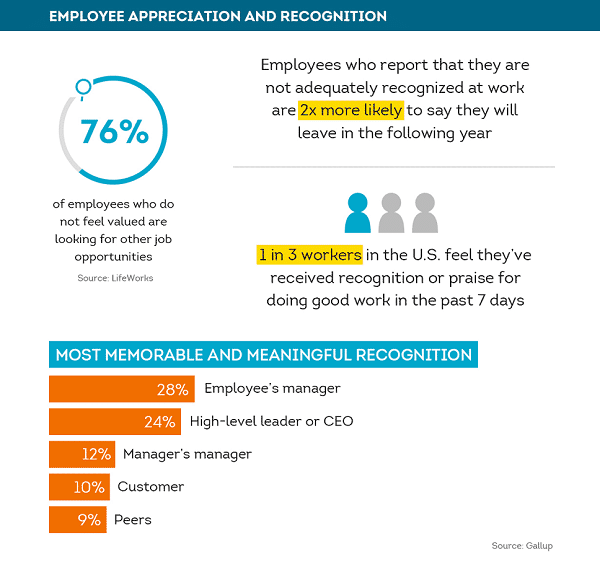When considering the success of a company, we often think of marketing and sales campaigns or influential CEOs as being behind it. However, all companies rely on their employees and teams within departments. Without the productivity and strategizing of these teams contributing to company success, campaigns wouldn’t run, and CEOs’ ideas would likely not be set in motion.
Therefore, team planning and performance are crucial to the functioning and flourishing of your company. Enabling this can be challenging, with keeping morale high when managing remote teams and flexible work schedules being particularly challenging. However, creating a culture of reflection helps your teams notice areas to improve and collaborate on solutions for a more effective workflow.

Photo by fauxels from Pexels
Why Use Reflection With Your Teams?
After completing a project, you can either move on to the next task or briefly reflect on the project, noting successes and areas to be improved. Stopping to think can highlight ineffective processes, pointless exercises, or where more training or expertise are needed. Likewise, reflection emphasizes your team’s skills and achievements.
Although it may seem time-consuming, reflection benefits both employees and teams. By emphasizing the challenges the team faces, reflection enables teams to find solutions and more strategically planned ways of working. It also helps employees learn from projects and apply changes to their workflow, allowing managers to check on the team’s well-being.
7 Tips for Facilitating Team Reflection
1. Create Spaces for Reflection
Often, teams don’t feel they have the space to reflect on their work, whether it’s space in their schedules or the right physical space to reflect without distractions. Prioritizing reflection time means making changes to your team workflow and providing employees with the opportunities to reflect without it negatively impacting their workload.
Schedule reflection time slots to inspire your teams to step away from their work station or set their devices to “do not disturb” during that period. They may sit in a different room, use equipment, such as whiteboards, to draw out a process map, create diagrams, or write out thoughts. Encouraging reflection slots permits your team to make space to reflect.
2. Encourage Anonymous Feedback
Not everyone is comfortable giving verbal feedback, limiting your team reflection ability. Partly, this can come from fear of confrontation or unwillingness to be associated with the feedback given. Anonymous feedback channels overcome these challenges, allowing honest feedback to be received without judgment. This highlights areas for team improvement that you can reflect on and find new ways to approach.

Image Source
59% of employees working in companies with feedback programs are engaged in their work, making successful feedback practices essential to improving team performance. Set up anonymous online feedback threads within employee management software channels, grouping these by project, topic, or team. These can be addressed either online or discussed at future team meetings.
3. Keep Communication Open
Poor communication is unfortunately common within teams, leading to 41% of people saying they find it hard to get an overview of where projects are at any given time. It limits your team’s ability to reflect, preventing effective feedback from being shared and creating confusion. Clear communication enables teams and managers to listen and take action based on reflections, where appropriate.
Use different communication channels for various purposes, dedicating specific threads or groups using your employee’s custom domain emails to sharing and acting on feedback. Likewise, use calls or in-person meetings to communicate reflections, clarifying key information. Together, these communication forms prevent messages from getting lost and create accountability for action points from reflections so they get done.
4. Lead by Example
It’s hard to envision a culture of reflection in your team when there’s no example to point to. As managers or team leaders, your regular practice of honest reflection on projects or company processes demonstrates to others how they should reflect. This makes your example of reflection important, so make it a priority in your workflow rather than an afterthought.

Image Source
One way to start this is by acknowledging the achievements and skills of your team. Good work is easily overlooked, but 52.5% of employees want more recognition from their immediate manager. Reflecting on team successes boosts morale, encourages employees to work harder, and provides a positive model of reflection to be emulated. This demonstrates the immediate benefits of reflection and how to build it into your workday.
5. Use Reflection Prompts
Having a focus for reflection keeps your team on task and improves the quality of team reflections. Using reflection prompts creates discussions on particular elements of processes and specific, actionable future plans. These can be directly integrated into project plans or strategies, anticipating what is entailed and potential challenges.
Questions can focus on your team’s vision, including what projects you want to work on. Alternatively, prompts can highlight company values, how your work shows these, and your team’s specific priorities. Other prompts may celebrate your successes, best moments of collaboration, or the main achievements of your projects. These help you holistically reflect as a team and prompt detailed answers.
6. Host Regular Team Retrospectives
Team reflection meetings improve discussions and feedback, bringing up forgotten points and allowing employees to add to other team members’ comments. Nonetheless, you need to know how to avoid groupthink. Otherwise, retrospectives can become mindless with employees agreeing rather than providing honest reflections. However, if team reflection meetings are done well, these collaborative reflections improve planning and coordination of future projects.
Setting regular team retrospectives means reflection becomes natural for your teams. This gives your team preparation time before discussing with others, creating notes from their perspective. Over time, employees develop a constant awareness of points to bring to retrospectives throughout their work, building a culture of constant reflection during the workday.
7. Set Goals as a Team
Team reflection helps with looking into the future, particularly concerning team hopes and how they intend to get there. This is helpful when setting goals, reflecting on what is an achievable but challenging target for your team. Creating goals as a team helps facilitate better collaboration, establishing common measures of success to judge your projects on.
Use what you’ve learned from previous projects and experiences. Collaborate with your team to set purposeful goals, focus your team, and improve your team planning. Set clear timelines for your goals, including checkpoints to reflect on your progress and adjust goals and processes as needed. Creating goals together helps your team to reflect on what the company expects from them.
Develop a Culture of Reflection
As your team gets used to reflecting throughout your projects, they will begin reflecting on their work while doing it. This means mistakes don’t get repeated, and ideas or suggestions are taken seriously, being actioned where appropriate. It also improves employee recognition, making them feel valued and listened to, boosting their engagement and overall performance.
Some reflection strategies work better than others with different teams. Your employees may already provide feedback but need assistance in ensuring this leads to action. Alternatively, teams may prefer reflecting individually and anonymously, requiring more encouragement to reflect together. Nonetheless, by committing and making adjustments, a culture of reflection will emerge in your workplace.
Looking For HR Management System?
Call Pursho @ 0731-6725516
Telegram Group One Must Follow :
For Startups: https://t.me/daily_business_reads




